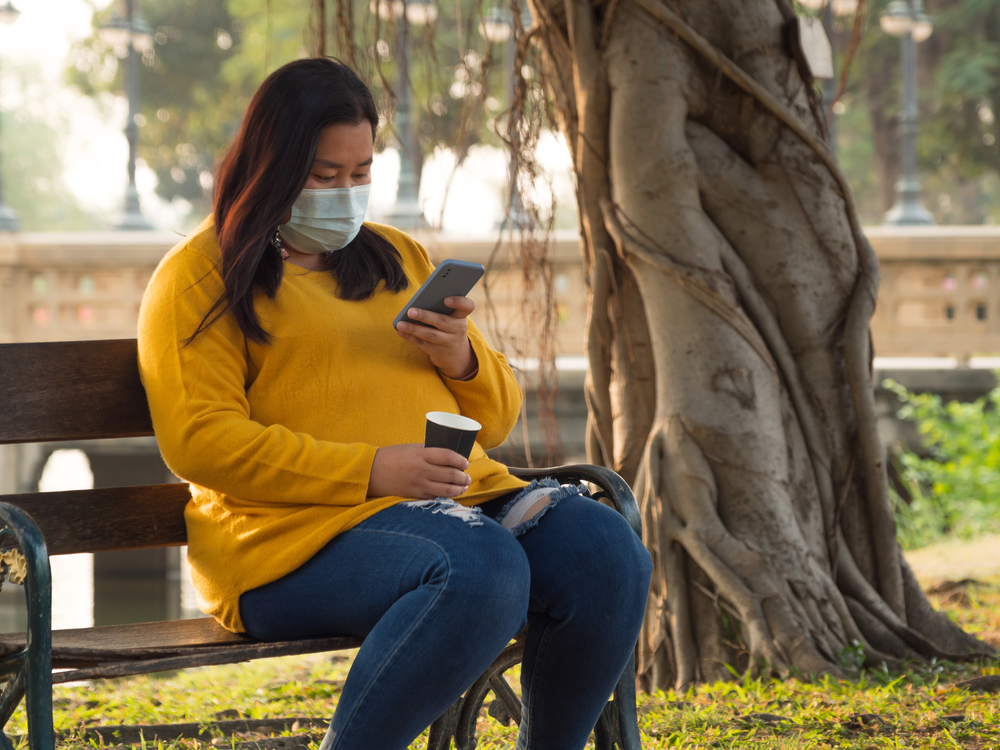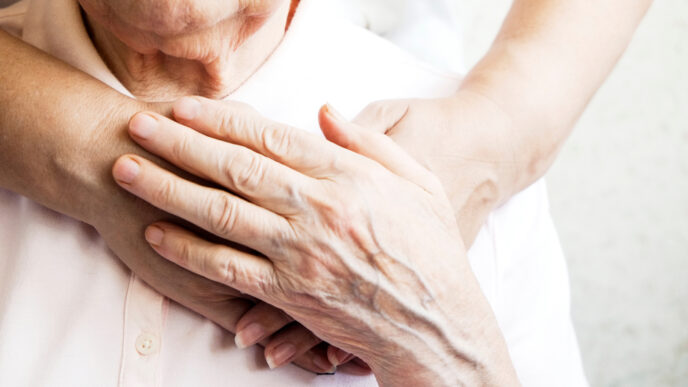WORDS Malaysian Endocrine and Metabolic Society (MEMS)
The risk factors for severe COVID-19 and death include advancing age (over 60 years old), diabetes, hypertension, kidney problems, heart disease and obesity. The more risk factors are present, the more it will be like living with a ticking time bomb!
Diabetes is a main contributor to severe COVID-19 morbidity and mortality. High blood glucose impairs the immune function and reduces our ability to fight infections.
As such, individuals with poorly controlled diabetes prior to COVID infection will be at greater risk for severe COVID-19 disease, pneumonia, intensive care unit (ICU) care, and death.
They are not more likely to catch the infection as anyone else.
However, once infected, they are 3 times more likely to develop severe COVID-19 pneumonia, other end-organ damage, and to die. 1 in 4 people with diabetes who were admitted to ICU for COVID-19 ended up dying.
Obesity is another major COVID-19 risk factor. It was initially thought to be an innocent bystander because of its close association with diabetes, hypertension and cardiovascular disease which are known to predict risk of severe COVID-19.
However, recent data from large studies has confirmed that obesity is a strong and independent determinant of increased risk of severe COVID-19.
In fact, obesity is thought to shift the risk of severe COVID-19 to younger age groups. That means a younger overweight or obese person aged below 50 is more likely to suffer severe COVID-19 infection.
IF YOU HAVE DIABETES, PREVENTION IS ESSENTIAL!
As social restrictions get lifted and people start travelling, it is imperative that you maintain all the precautions to avoid catching and developing severe COVID-19.
Remember to maintain physical distancing, wear a face mask, and wash and sanitise your hands frequently. This is even more important when interacting with unvaccinated family members, such as your grandchildren.
Get vaccinated against COVID-19 if you have not yet done so. Research has confirmed that the currently used vaccines in Malaysia are effective, including for people with diabetes.
Unfortunately, as with most vaccinations, the protection is NOT 100%. You may still get infected after getting vaccinated (breakthrough infection), but chances of severe disease and mortality is significantly reduced.
TAKE EXTRA GOOD CARE OF YOURSELVES
People with diabetes need to pay attention to their glucose control as it can significantly reduce their risk of severe COVID-19 infection and related mortality.
So, take your medications as prescribed, watch your diet, stay physically active, and monitor your glucose regularly.
Also, be sure to manage your blood pressure and other chronic health conditions, and reduce overweight/obesity.
Last but not least, attend your medical follow-ups without fail.
References:
- Dorjee, K., Kim, H., Bonomo, E., & Dolma, R. (2020). Prevalence and predictors of death and severe disease in patients hospitalized due to COVID-19: A comprehensive systematic review and meta-analysis of 77 studies and 38,000 patients. PloS one, 15(12), e0243191.https://doi.org/10.1371/journal.pone.0243191
- Prattichizzo, F., de Candia, P., Nicolucci, A., & Ceriello, A. (2021). Elevated HbA1c levels in pre-Covid-19 infection increases the risk of mortality: A sistematic review and meta-analysis. Diabetes/metabolism research and reviews, e3476. Advance online publication. https://doi.org/10.1002/dmrr.3476
- Zhu, L., She, Z. G., Cheng, X., Qin, J. J., Zhang, X. J., Cai, J., Lei, F., Wang, H., Xie, J., Wang, W., Li, H., Zhang, P., Song, X., Chen, X., Xiang, M., Zhang, C., Bai, L., Xiang, D., Chen, M. M., Liu, Y., … Li, H. (2020). Association of blood glucose control and outcomes in patients with COVID-19 and pre-existing type 2 diabetes. Cell metabolism, 31(6), 1068–1077.e3. https://doi.org/10.1016/j.cmet.2020.04.021
- Bud, E. S., Vlasa, A., & Bud, A. (2021). Diabetes mellitus is associated with severe infection and mortality in patients with COVID-19: A systematic review and meta-analysis. Archives of medical research, 52(3), 356. https://doi.org/10.1016/j.arcmed.2020.11.003
- Fadini, G. P., Morieri, M. L., Longato, E., & Avogaro, A. (2020). Prevalence and impact of diabetes among people infected with SARS-CoV-2. Journal of endocrinological investigation, 43(6), 867–869. https://doi.org/10.1007/s40618-020-01236-2
- Gregory, J. M., Slaughter, J. C., Duffus, S. H., Smith, T. J., LeStourgeon, L. M., Jaser, S. S., McCoy, A. B., Luther, J. M., Giovannetti, E. R., Boeder, S., Pettus, J. H., & Moore, D. J. (2021). COVID-19 severity is tripled in the diabetes community: A prospective analysis of the pandemic’s impact in type 1 and type 2 diabetes. Diabetes care, 44(2), 526–532. https://doi.org/10.2337/dc20-2260
- Kass, D. A., Duggal, P., & Cingolani, O. (2020). Obesity could shift severe COVID-19 disease to younger ages. Lancet (London, England), 395(10236), 1544–1545. https://doi.org/10.1016/S0140-6736(20)31024-2














